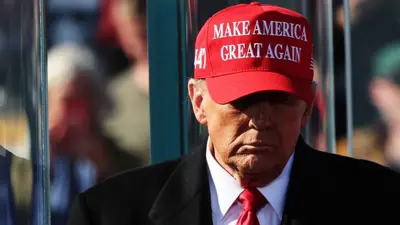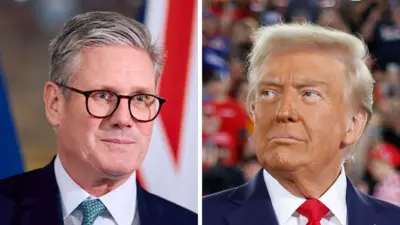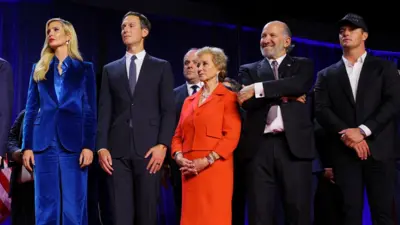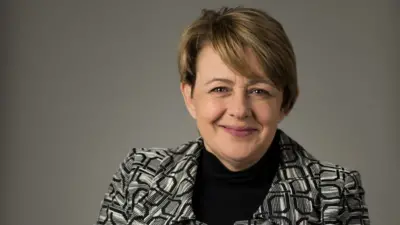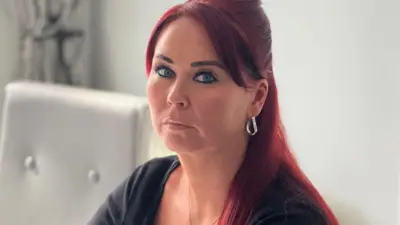We've updated our Privacy and Cookies Policy
We've made some important changes to our Privacy and Cookies Policy and we want you to know what this means for you and your data.
Japan brewer Kirin buys Australia vitamin giant Blackmores
Image source, Getty Images
- Author, Mariko Oi
- Role, Business reporter
Japanese brewer Kirin has agreed to buy Australian vitamins maker Blackmores for A$1.88bn ($1.24bn; ÂŁ999.4m).
The move comes as Kirin expands into healthcare in the face of shrinking beer sales in its home country and increasing regulation of alcohol.
"The acquisition of Blackmores is highly complementary to our existing Health Science business," it said.
The deal also gives Blackmores an exit as it has been struggling to recover sales since the pandemic.
Before Covid-19, the Australian natural health firm benefited from the practice of "daigou", in which Chinese consumers bought goods abroad to take back to China.
"The Kirin Scheme represents an attractive, all-cash transaction," the chair of Blackmores, Wendy Stops, said.
For Kirin, the deal is the latest in its efforts to diversify away from the alcohol business.
Beer sales in Japan have been falling for many years because of lifestyle changes among young people. Last year, the Japanese government launched a nationwide competition calling for ideas to encourage people to drink more alcohol.
At the same time, the World Health Organization has been calling for stricter rules on the global alcohol industry, urging governments to set higher prices to discourage drinking.
Kirin, which is known around the world for its beers, has a wider product range in its home country, including non-alcoholic, sugar-free drinks.
It also owns healthcare businesses and in 2019 started a partnership with Japanese skincare products and dietary supplements firm Fancl.
Kirin has previously said it aims to generate ÂĄ500bn ($3.7bn; ÂŁ2.97bn) in sales a year from its health business by the end of the decade.
The deal is expected to be completed in August. It is supported by Marcus Blackmore, the firm's founder's son, who has an 18% stake.
After the announcement, shares in the Australian firm rose by more than 20%, gaining the most in more than seven years.
Top Stories
More to explore
Most read
Content is not available
